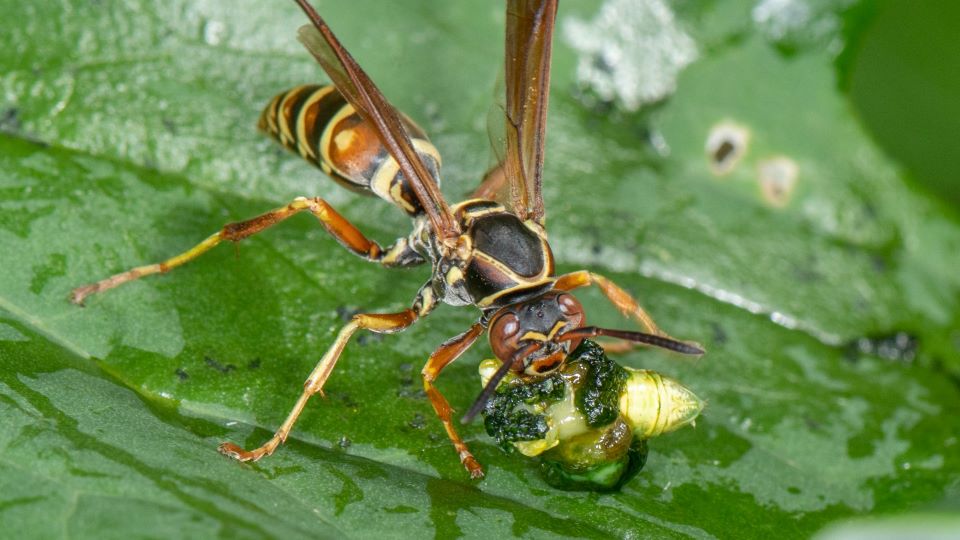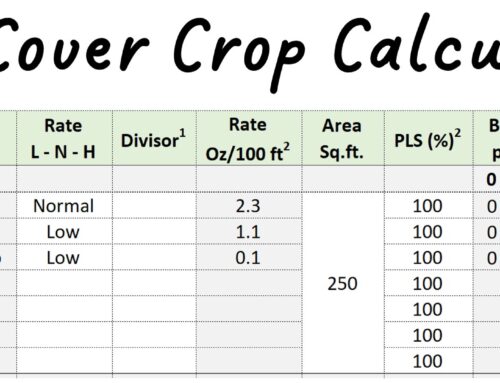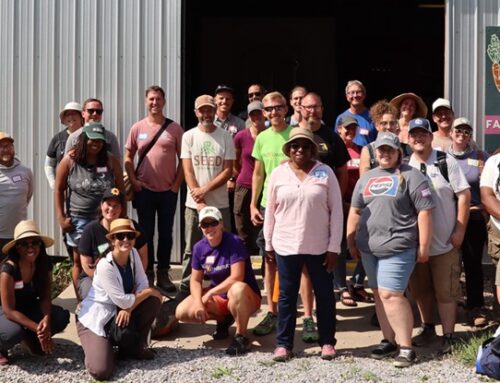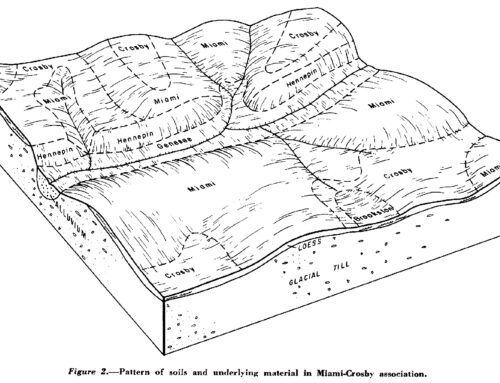Insects are important to soil health and growing food. Soil engineering insects help create soil structure that is stable for water and nutrients. Decomposers eat organic material and unlock nutrients. Pollinators help many crops reproduce and yield fruits and vegetables. Then there are the pest controllers. These beneficial insects serve as natural enemies to pests and help suppress their populations through predation and parasitoidism. The paper wasp (above) and aphid wasp (below) are great examples of insects that keep pests at bay.
There are an estimated 5 million insect species. Of these, it is just a handful that happen to cause issues in the garden. In fact, insects can come in very handy when growing crops. Here are some resources that can help you manage them.
Our Favorite Resources
- Marion County SWCD – Native Plantings for Beneficial Insects and Pollinators
- Marion County SWCD – Wildflowers for Beneficial Insects
- Marion County SWCD – Beneficial Insects for Fruit and Vegetable Growers
- Purdue Extension – Entomology – Vegetable insects and their management
- Purdue Extension – Entomology – Fruit insects and their management
- Purdue Extension – Entomology – Pollinator Protection
- Purdue Extension – Entomology – Vegetable Insects E-65-W
- Purdue Extension – Entomology – Vegetable Insects: Managing Insects in the Home Vegetable Garden
- Purdue Extension – Entomology – Common Name and Order of 50 Insects
- Purdue Fruit & Veg IPM on Facebook
- Purdue Extension Plant and Pest Diagnostic Laboratory – The Purdue University Plant and Pest Diagnostic Laboratory works to diagnose plant diseases and identify insects, plants and weeds and other plant and pest problems. Fees may apply.
- Resource Guide for Organic Insects and Disease Management – This is a great all-around guide for insect management on organic farms and gardens from Cornell University.
- eOrganic – Insect Management in Organic Farming Systems – This website, hosted by Oregon State University, contains an excellent list of links and videos.
- ATTRA – Insect Management Publications
- Xerces Society – Beneficial Insect Scouting Guide
- Xerces Society – Habitat Planning For Beneficial Insects / Guidelines for Conservation Biological Control
- Xerces Society – Beneficial Insect Habitat Assessment Form and Guide
- SARE – A Whole Farm Approach to Managing Pests
- SARE – Cover Cropping for Pollinators and Beneficial Insects
- SARE – Identification Key to Major Beneficials and Pests
- Midwest Vegetable Production Guide for Commercial Growers (ID-56) – Current pesticide information.
- DriftWatch and BeeCheck
- Pollinator Partnership: Bee Friendly Farming
Don’t forget that one of the keys to insect management is in the soil. Adequate plant nutrients and soil moisture, including favorable soil pH and healthy soil, can reduce plant stress, improve plant vigor and increase the plant’s overall ability to tolerate pests. Soil Health = Plant Health.
Consider following the PAMS method as a foundation for your insect management strategy.
- Prevention – Activities such as cleaning equipment and gear when leaving an infested area, using pest-free seeds and transplants, using exclusion netting, and irrigation and watering scheduling and methods to limit situations that are conducive to disease development.
- Avoidance – Activities such as maintaining healthy and diverse plant communities, using pest-resistant varieties, and crop rotation.
- Monitoring – Activities such as pest scouting and weather forecasting to help target suppression strategies.
- Suppression – Activities such as the judicious use of cultural, mechanical, biological, and chemical control methods that reduce or eliminate a pest population or its impacts while minimizing risks to non-target organisms.
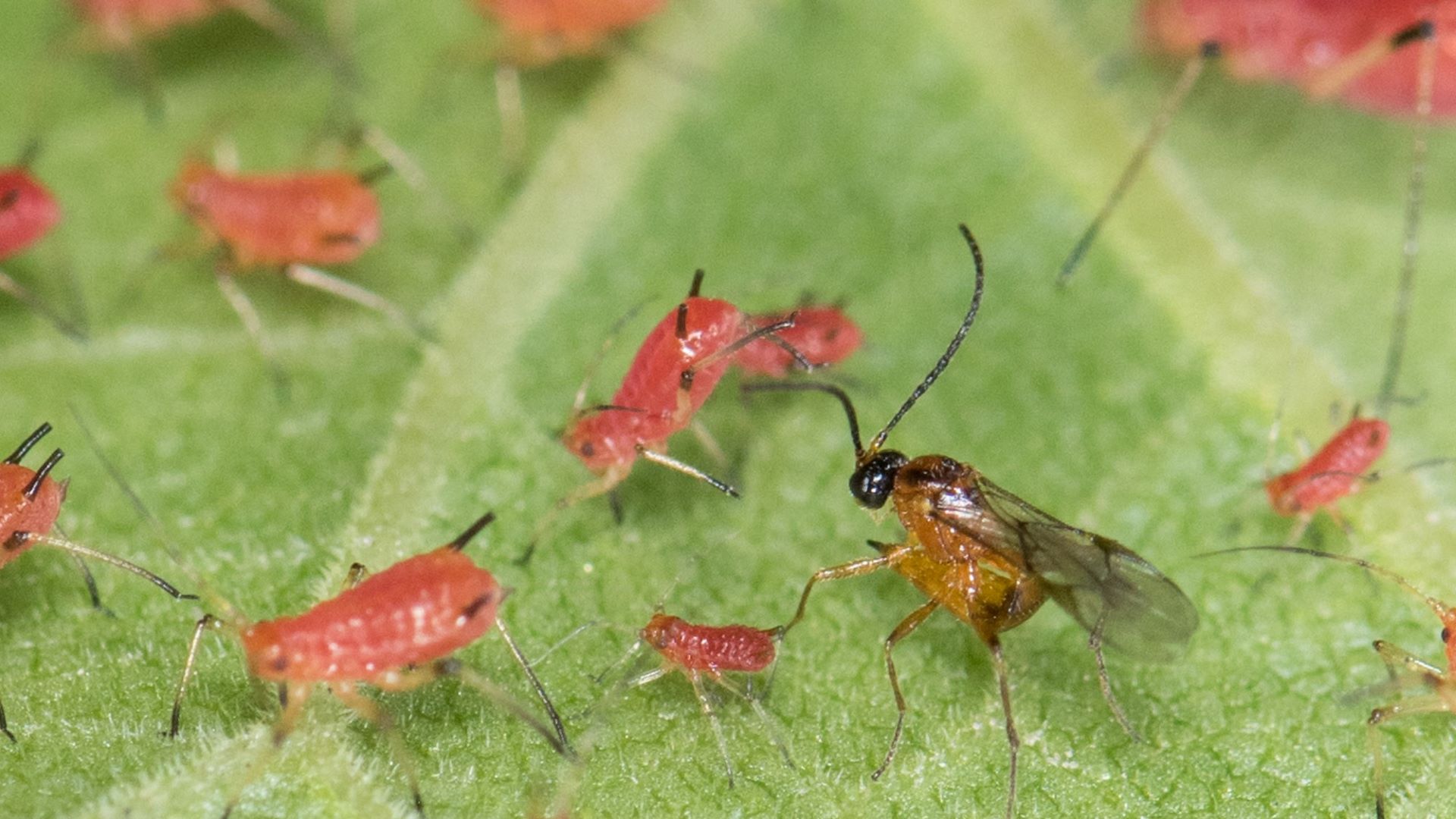
Compiled by Kevin Allison
Photographs by Heather Holm
Updated December 2020

